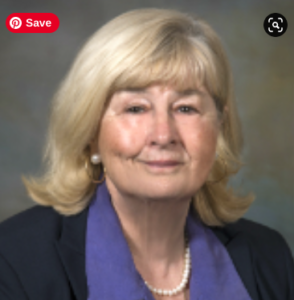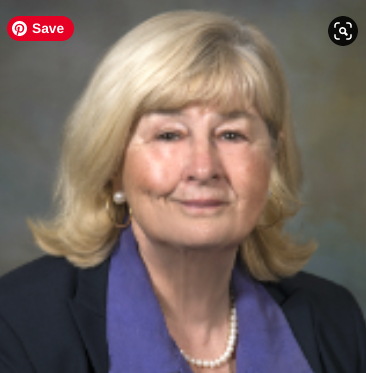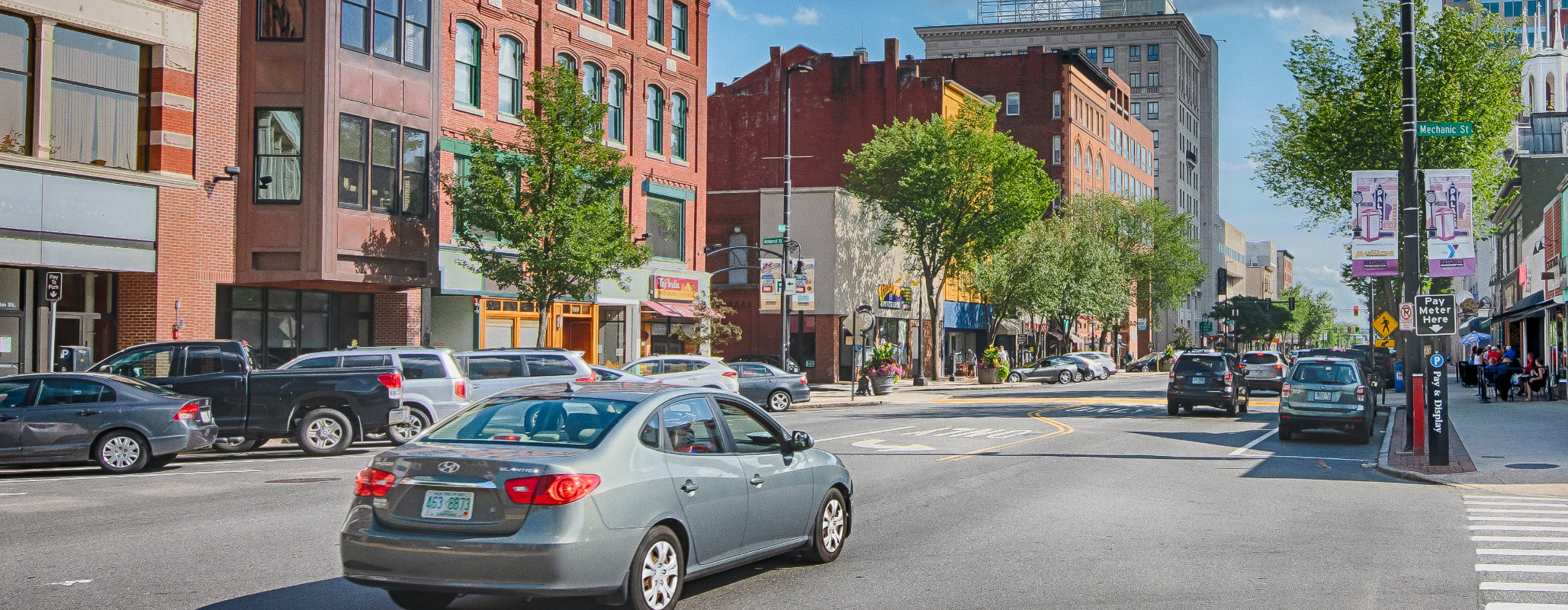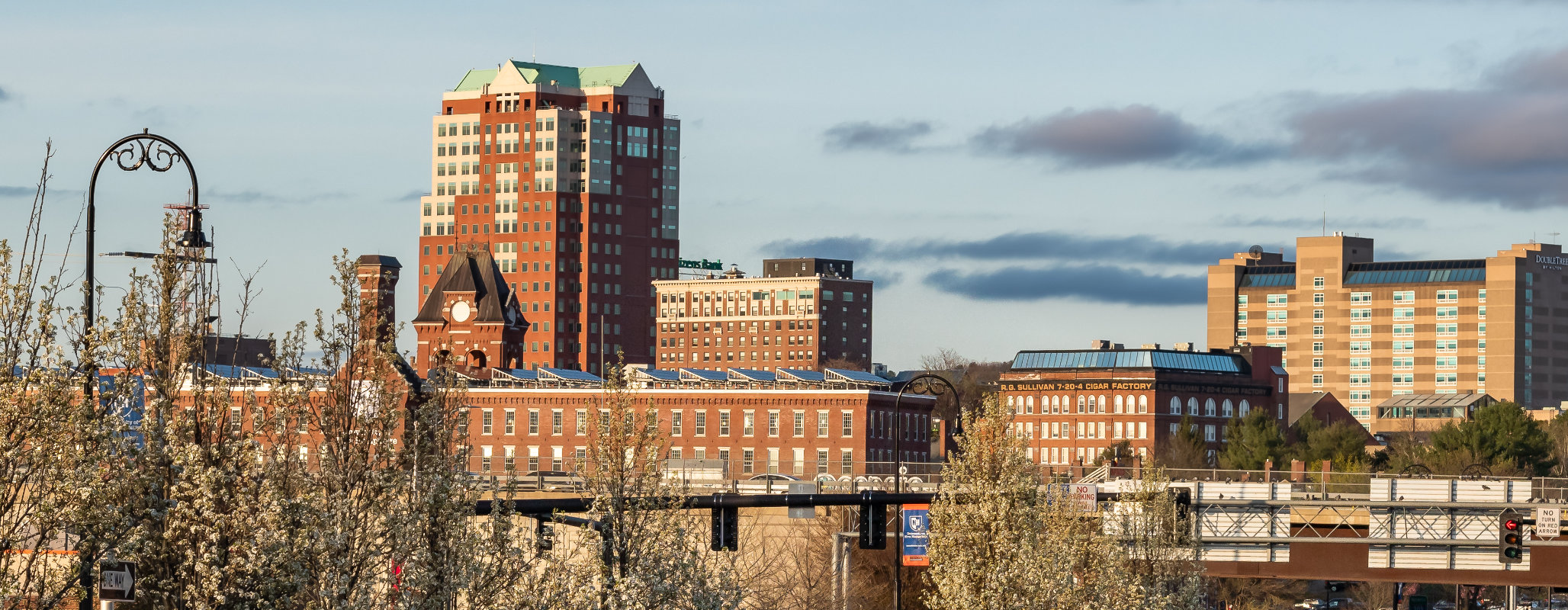Mary Sullivan HeathPrimary Election 2022 WinnerGeneral Election 2022 Winner

Running forNH State Rep Hillsborough District 14
in 2022
Running as Democrat
Running forNH State Rep Hillsborough District 14
in 2020
Running as Democrat
At age74
Mary Sullivan Heath is a retired educator with 42 years of experience ranging from teacher to administrator and is currently a Manchester Alderman in Ward 7 as well as state representative. She was first elected to the NH House of Representatives in 2013 in a special election in Hillsborough County District 14 and is currently serving her fifth term and is running in District 41 as a member of a three-person float covering districts 2,4,5, and 7. Mary served on the House Education Committee for two terms, as Vice Chair Division II on the Finance Committee and currently a member of the Finance Committee Division II. In the NH House her priorities include education, women’s health, voting rights, gun safety and a family friendly economy. Heath’s work experiences include serving as the dean of the School of Education at Southern New Hampshire University, Deputy Commissioner for the NH Department of Education, assistant superintendent for SAU #19, elementary school teacher, learning disability specialist at the high school level, federal program manager, grant writer, and as a technical research consultant with RMC Research Corporation.
I have served as a state representative since 2013 and am currently the Ward 7 Alderman on the Board of Mayor and Alderman
Current jobRetired Educator
2009 to 2012 Dean, School of Education, Southern New Hampshire University (Retired February 29, 2012)
2005 to 2009 Deputy Commissioner, New Hampshire Department of Education
2005 – 2006 NH Association for Supervision and Curriculum Development, Executive Director
1999 to 2005 Grant Writer for the NH Principals Association/Assisting for Breaking Ranks II and High School Redesign
2003 to 2004 Adjunct, Southern NH University
2003 to 2005 Grant Writer and Program Evaluator for the Manchester School District
1998 to 2003 Assistant Superintendent of Schools, SAU #19 Dunbarton, Goffstown, and New Boston (Retired August 2003)
1998 to 2005 Adjunct. Plymouth State University of the University System of New Hampshire. Graduate Division.
1997–1998 Education Consultant III. IASA/Goals 2000 Team Leader New Hampshire Department of Education, 101 Pleasant Street, Concord, New Hampshire.
1996-1997 Education Consultant I for Special Education and Federal Programs, New Hampshire Department of Education, 101 Pleasant Street, Concord, New Hampshire.
1994-1996 Research Associate, RMC Research Corporation, Portsmouth, New Hampshire.
1990-1994 Director of Federal Projects, Manchester School District, Manchester, New Hampshire.
1989-1990 Special Projects Coordinator, Manchester School of Technology, Manchester, New Hampshire.
1988-1989 Administrative Intern to Dr. Eugene W. Ross, Superintendent of Schools, Manchester, New Hampshire. Facilitated the strategic planning effort commissioned by the Mayor and Board of School Committee.
1988-1989 Manchester School District Sabbatical Leave, C.A.G.S. Candidate and Graduate Assistant, University of New Hampshire, Durham, New Hampshire. Supervised Master level teachers seeking certification for special education in the state of New Hampshire.
1984-1988 Vocational Special Needs Teacher and Special Projects Coordinator
1977-1984 Learning Disability Specialist, Manchester Memorial High School, Manchester, New Hampshire
(1970-1977) Elementary School Teacher, Manchester School District, Beech Street School and Gossler Park School Grades four and six, Manchester, New Hampshire.
Current residence76 Island Pond Rd, Manchester, NH
Time lived in NHAll my life (76 years)
HometownManchester
• Doctor of Humane Letters, Honorary Degree Awarded by Southern New Hampshire University, May 12, 2012
• Certificate of Advanced Graduate Study (C.A.G.S.), Administration and Supervision; University of New Hampshire, Durham, New Hampshire.
• Masters of Occupational Education, Vocational-Technical and Adult Education; University of New Hampshire, Durham, New Hampshire.
• M.Ed., Special Education with an emphasis in Specific Learning Disabilities; Rivier College, Nashua, New Hampshire.
• B.A. Elementary Education and English; Notre Dame College, Manchester, New Hampshire
Best way to contact candidatem.heath@comcast.net or 603-860-1413
If elected or re-elected, please describe legislation you expect to sponsor or co-sponsor.
Gun Free School Zones, Equitable School funding, A bill that would provide funding for regional mental health services to schools for children, voter rights, health care and maintaining expanded Medicare, family friendly economy and women’s health
What are the most important concerns you’ve heard from Manchester residents and how can you address those concerns if elected or re-elected?
Pressing concerns include: affordable housing, safety, homelessness, drugs, petty theft, the availability of guns to folks who should not have them, and education. Steps I would take would include supporting legislation and working at the local level to identify how to address these issues.
New Hampshire legislators are citizen legislators and being a legislator is a significant time commitment. How much time per week can you spend on legislative duties while the Senate/House is in session?
Being retired I split me time being a legislator and an alderman…pretty much full time.
How do you feel the current divisive political climate in the United States will impact the New Hampshire General Court over the next two years and how would you navigate that divisiveness in your duties?
This past legislative session was very difficult and made more so by COVID. As we returned to Concord, committee work was more civil but on the floor the divide is clearly present. The Free Staters are an issue and they are hurting our state and it is critical that we recognize those running as democrats or republicans to focus on their harmful agenda. What we just saw happen in Gilford at Gunstock is an example of what they are trying to do.
What is the most significant issue facing Manchester residents at the municipal level and how can you, as a legislator aid the city government on that issue?
Education funding is an issue; on the Finance Committee I worked to bring additional funds through SB 420 so that we were able to reduce the school budget and still increase their funding. The same holds true with Lead Abatement, we worked hard to increase the funds available and also another bill sponsored by Mike O’Brien to restore a percentage of the retirement funds to municipalities by 7.5% was amended just to one year but we will try again next year to do something.
In your conversations with voters, what is the most significant issue to them right now? How would you address that if elected or re-elected?
Inflation and a recession are weighing heavy on the minds of many. To try to keep property taxes down, a portion of the excess revenue could be sent to towns and municipalities to provide property tax relief which would directly impact citizens who own and rent.
In your opinion, what were the five most significant pieces of legislation introduced over the last two years? Please explain what made them significant.
Two bills that passed and signed into law provide aid to towns and municipalities in the event of a catastrophic disaster provide gap funding until homeland security funding arrives – this is particularly significant for a community faced with a natural disaster.
- Medicaid Dental benefit – Democratic priority for years, Important for the health of our workforce.
- Mike O’Brien’s bill to restore a portion of the retirement costs. This action has a direct impact on local property taxes and when the system was set up the state promised 35%. That promise was broken, and this bill opens the door to restoring a portion of the funding.
- SB 420 sending school funding to the neediest towns and municipalities. This is an example of equity funding that must be part of the school funding conversation.
- Stopping “Right to Work” that allows unions to continue their efforts
- The passage of the voucher bill which would directly divert Education Trust Fund dollars to sectarian and private schools – this is a landmark action that will hurt public education. Already more than $8m over budget, billed as a program to provide opportunity to students struggling in public school, in practice 90% of participants were already in private school. So now our property taxpayers are paying for public school, and subsidizing kids who go to private school.


